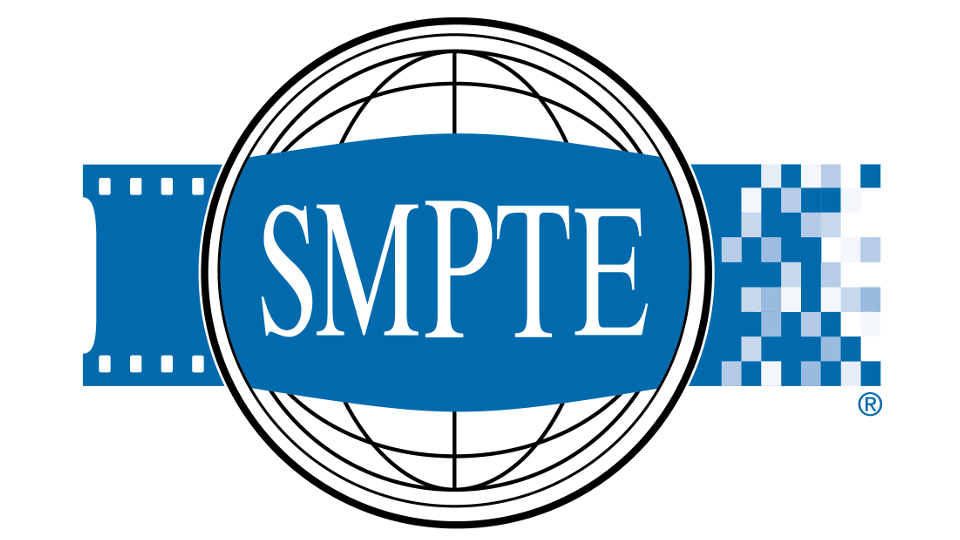New Tech Spec For Broadcast, Online To Power Global Content Exchange of Media
LONDON—The Digital Production Partnership (DPP) last week announced a new SMPTE technical specification building the Interoperable Master Format (IMF) that promises to make it possible to automate the content supply chain, enable new workflow efficiencies and reduce QC and archive storage.

The technical specification, SMPTE TSP 2121:2018 IMF Application DPP (ProRes), will do so while maintaining the quality of the original asset, DPP said.
The new spec, the first "SMPTE Technical Specification" (TSP) to be created, will support mastering and international exchange of content. TSPs are designed to constrain standards to new workflows and international interoperability, SMPTE said.
[Read: IMF: Unleashing The Benefits Of File-Based Content]
“Specifications are part of SMPTE’s new future” said SMPTE Standards Vice President Bruce Devlin. “With IMF Application DPP (ProRes) we are starting a new chapter in SMPTE’s activities to encourage global interoperability, and to foster the emergence of new and stable technologies.”

DPP worked with the European Broadcasting Union (EBU), North American Broadcasters Association (NABA) and the IMF User Group to create the spec.
DPP will launch a compliance testing program for IMF for broadcast and online tools. The goal is to assure buyers and sellers that DPP-tested tools and IMF packages will be interoperable and can be exchanged around the world, according to DPP.
Get the TV Tech Newsletter
The professional video industry's #1 source for news, trends and product and tech information. Sign up below.
Release of the technical specification comes on the heels of on the release of “The Business Benefits of IMF” pamphlet for DPP members from the broadcast, supplier and distributor communities.
The new technical specification is available online.
Phil Kurz is a contributing editor to TV Tech. He has written about TV and video technology for more than 30 years and served as editor of three leading industry magazines. He earned a Bachelor of Journalism and a Master’s Degree in Journalism from the University of Missouri-Columbia School of Journalism.

